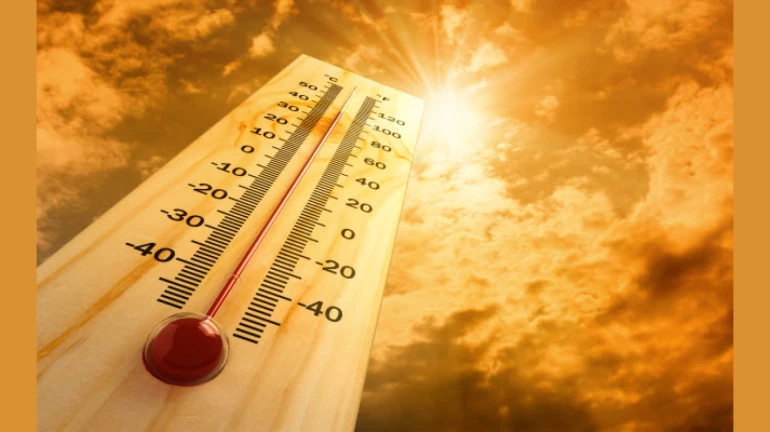
The Maharashtra government is working on a Heat Resilience Framework for Mumbai, Thane, and Nagpur. This will improve preparedness and response to rising temperatures and heatwave events. This will be the first project of its kind in the state.
The framework will find each city’s vulnerability based on factors like social and economic aspects. It will also map heat-stress-prone areas at the ward level. As per reports, this structured approach will help identify critical areas that need urgent intervention.
The framework consists of three key components:
- The first is the preparatory phase, which sets readiness standards before a heatwave.
- The second focuses on response strategies during extreme heat events.
- The third covers long-term solutions to reduce future risks.
Mumbai, Thane, and Nagpur were chosen for different reasons. Thane faces increasing heat stress due to urbanisation and loss of green spaces. Nagpur struggles with extreme summer temperatures and water shortages. Mumbai deals with the urban heat island effect, high humidity, and heavy rainfall.
Data from the Mumbai Climate Action Plan shows that Mumbai’s temperature has been rising since 1973. Projections from NOAA and Climate Lab predict that by 2040, nearly 60% of the city’s days will experience extreme heat. Experts warn that high temperatures combined with humidity could lead to more heat-related illnesses and deaths.
Despite these risks, heatwaves are not classified as disasters under the Disaster Management Act of 2005. While Maharashtra has a State Heat Action Plan, Mumbai follows its own Climate Action Plan. Thane introduced a heat action plan last year, but experts believe more efforts are needed.
The goal is to move away from general heat action plans. Instead, local urban bodies will get specific strategies to manage heat-related challenges.
A study by the Sustainable Futures Collaborative found that most research focuses on short-term heatwave solutions. Long-term strategies remain unaddressed. The study examined how Mumbai and nine other cities are preparing for increasing heat risks.
As per sources, the framework has been in development for the past six months. Maharashtra Chief Secretary Sujata Saunik spoke about the project at the National Disaster Management Authority's heatwave workshop in February.





